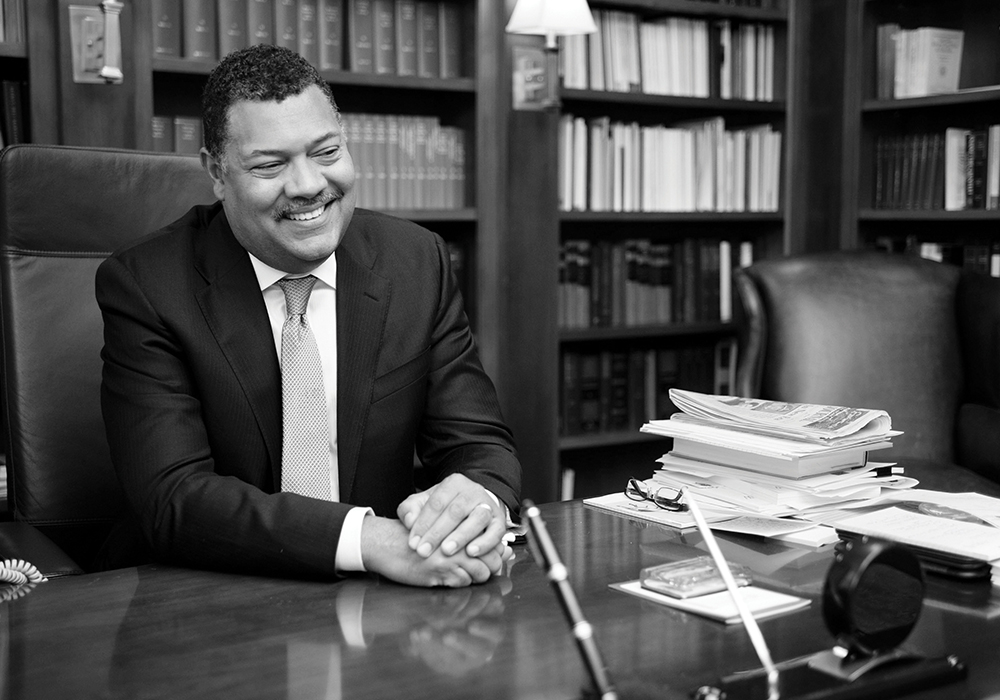Recently, I was asked to facilitate a conversation at a church in my neighborhood as part of a series on the “Roots of Racism.” Eighty people gathered on a Saturday morning for what turned out to be a three-hour conversation. About half way through, I was asked, “In your private moments, what makes you most angry about racism and racial injustice?”
That was a hard question, primarily because there are many examples I could have offered. What I shared in that moment was my anger at how racism has led to the loss of so much human potential in this country.
This brought to mind a story one of my cousins told me about my grandfather and her father, my grandfather’s brother. Working as laborers at an oil refinery in south Louisiana in the 1950s, they often were routinely subjected to simple, but brutal, public acts of humiliation to remind them of their place. When they collected their checks on payday,
they were forced to wait while the payroll clerk made sure every white employee at the refinery had first received their pay. Then, and only then, would my grandfather and great uncle be paid. This often meant that they spent the entire day waiting at the office, losing a day’s work so that the white people around them could enjoy a visible reminder of white supremacy in action. My grandfather and his brother had no real recourse for protesting their treatment. They maintained their dignity through silence and in the knowledge that with their wages, they would ultimately build a better life for themselves and their families.
“Anger is a powerful emotion, but when it festers, it tends to be destructive. I do get angry, but I find it best to let my anger cool. It is then that I can focus on what truly needs to happen to move our society away from racism and oppression, and toward justice.” —Dean Vincent Rougeau
We have been spending a lot time recently discussing the importance of diversity and inclusion for BC Law, and for the future of our profession. For me, what drives our need to act is the quiet witness of people like my grandfather and great uncle, whose stories are part of certain uncomfortable truths about American history. As an institution committed to a conception of justice rooted in a belief that all human beings are made in God’s image, BC Law has a responsibility to think rigorously about what we owe one another in the pursuit of a just society. We cannot do this if some voices are suppressed or excluded, or if difficult histories are ignored.
Diversity and inclusion are often attacked as “political correctness,” or the fuel for national division and decline. Those views are both simplistic and myopic. It is indeed true that we have entered a moment in history in which tribal, identity-based nationalism is again ascendant. We must do everything we can to make the legal profession a place where people of all backgrounds can participate in the work of justice. This means cultivating an ability to listen to how other people experience the world, and a willingness to reflect critically about shameful aspects of our shared past.
Anger is a powerful emotion, but when it festers, it tends to be destructive. I do get angry, but I find it best to let my anger cool. It is then that I can focus on what truly needs to happen to move our society away from racism and oppression, and toward justice. At BC Law this work is at the heart of our mission, binding a diverse community of people with many perspectives who are “passionate about the dignity of the human person, the advancement of the common good, and compassion for the poor.”
Photograph by Suzi Camarata



